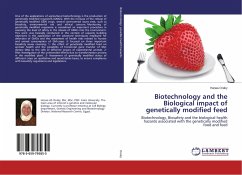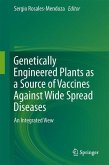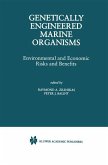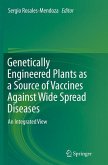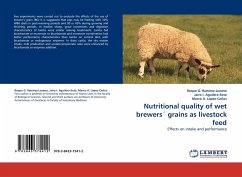One of the applications of agricultural biotechnology is the production of genetically modified organisms (GMOs). With the increase of the release of genetically modified (GM) crops, several controversial issues exist, such as biosafety, environmental risk and ethical concern. Monitoring of genetically modified organisms is considered an important procedure in assessing the level of safety in the release of GMOs into the environment. This work was basically conducted in the context of capacity building objectives in the application of the advanced techniques employed for detection of GMOs and the assessment of health risks related to human and animal consumption of GM-crops. It focused on three important biosafety issues covering: 1- the effect of genetically modified feed on animals' health and the possibility of horizontal gene transfer of GM-dietary DNA to the cells of different organs of experimental animals. 2- Pilot investigation of the unintended effects due to transformation process in the modified plant. 3- Assessment of genetically modified status of different crops on qualitative and quantitative bases, to ensure compliance with biosafety regulations and legislations.
Bitte wählen Sie Ihr Anliegen aus.
Rechnungen
Retourenschein anfordern
Bestellstatus
Storno

